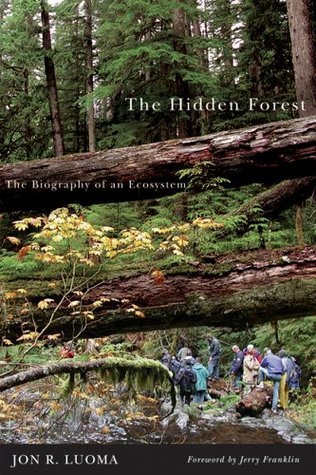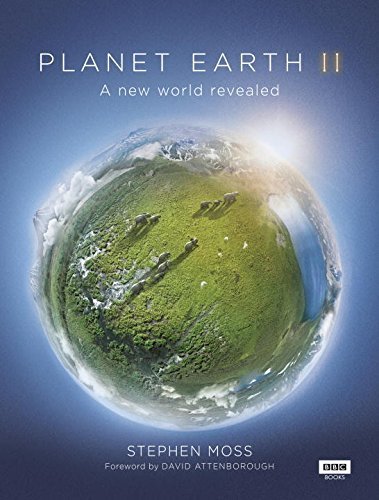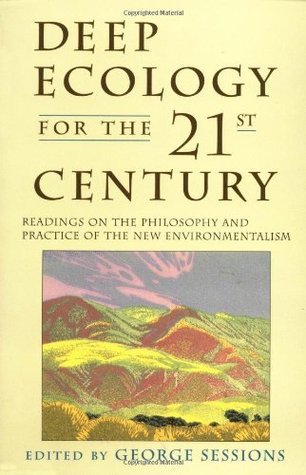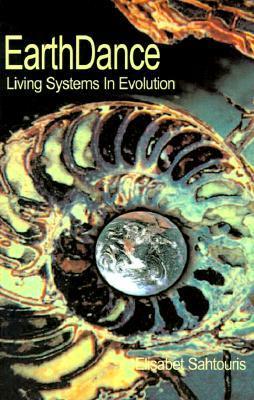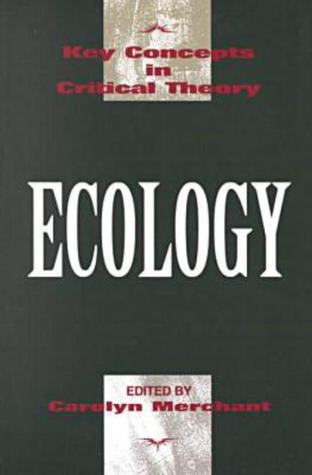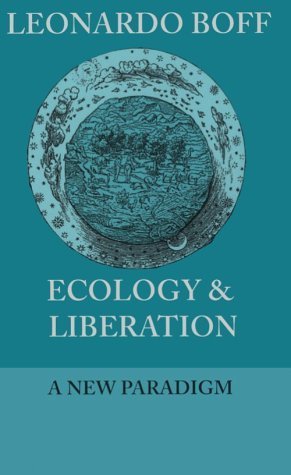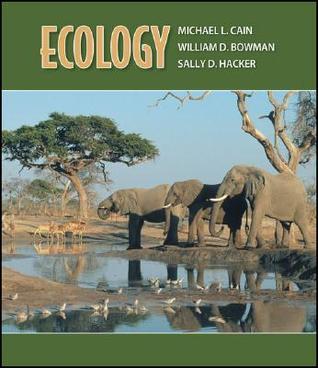
Ecology
Book Description
In a world where every action ripples through ecosystems, the delicate balance of life hangs by a thread. "Ecology" by William D. Bowman unveils the stunning intricacies of nature, illustrating how interconnected species shape their environments, while revealing the urgent challenges that threaten this fragile web. With powerful insights into climate change, biodiversity loss, and the resilience of ecosystems, this book transforms complex science into a gripping narrative that resonates with every pulse of the earth. Will humanity rise to the occasion and safeguard the planet’s future before it's too late?
Quick Book Summary
"Ecology" by William D. Bowman offers a comprehensive exploration of how organisms, populations, and communities interact with their environments and each other. The book examines the delicate threads that hold ecosystems together, conveying both the beauty and complexity of nature's web of life. Through clear explanations and engaging case studies, Bowman introduces core ecological concepts, such as energy flow, nutrient cycling, species interactions, and adaptation. Importantly, the book addresses pressing contemporary challenges including biodiversity loss, habitat destruction, and climate change, connecting fundamental ecological science to urgent environmental issues. By empowering readers to understand the science behind these threats, Bowman demonstrates why ecological literacy is increasingly critical in a rapidly changing world, emphasizing the responsibility humans have in shaping and sustaining Earth’s natural systems.
Summary of Key Ideas
Table of Contents
The Interconnectedness of Life
"Ecology" begins by emphasizing the profound interconnectedness of all living things, illustrating how organisms interact with each other and their environments in complex, dynamic ways. Bowman uses real-world examples to show that the web of life is made up of intricate relationships—such as predation, competition, and mutualism—that collectively drive the structure and function of ecosystems. The book highlights how disruptions to one component can ripple throughout entire systems, emphasizing the concept of nature’s delicate balance.
Energy Flow and Nutrient Cycling
A central focus is placed on the flow of energy and cycling of nutrients through ecosystems. Bowman discusses primary production, food webs, and the movement of energy from the sun through plants, herbivores, and carnivores. The book details the importance of nutrient cycles, such as those of carbon and nitrogen, in regulating ecosystem health and productivity. By demonstrating how energy and materials move through ecological systems, the author provides a foundation for understanding both ecosystem stability and vulnerability.
Adaptation and Evolution in Changing Environments
The text delves deeply into the role of adaptation and evolution, explaining how species respond to environmental changes through genetic variation and natural selection. Bowman analyzes how these adaptive processes shape the diversity of life on Earth, and how evolution underpins ecosystem resilience and the ability to recover from disturbance. Attention is given to examples where adaptation is tested by rapid environmental shifts, including those driven by human activities.
Human Impacts on Ecosystems
Bowman does not shy away from the critical issue of human impact. He explains how activities such as deforestation, pollution, habitat fragmentation, and greenhouse gas emissions are altering the natural world at an unprecedented pace. The author uses scientific data to elucidate the mechanisms by which these threats erode biodiversity, destabilize climate, and compromise ecosystem services. The urgency of confronting these challenges is communicated through detailed case studies and projections for the future.
The Importance of Ecological Resilience
Despite the sobering assessment of ecological threats, Bowman ends with a discussion of resilience—the capacity of ecosystems to absorb disturbances and recover. He presents hopeful perspectives on conservation, restoration, and sustainable management practices that can help societies safeguard natural processes. The book ultimately argues for ecological literacy as a cornerstone of responsible stewardship, powering collective action to ensure the long-term health of our planet.
Download This Summary
Get a free PDF of this summary instantly — no email required.
